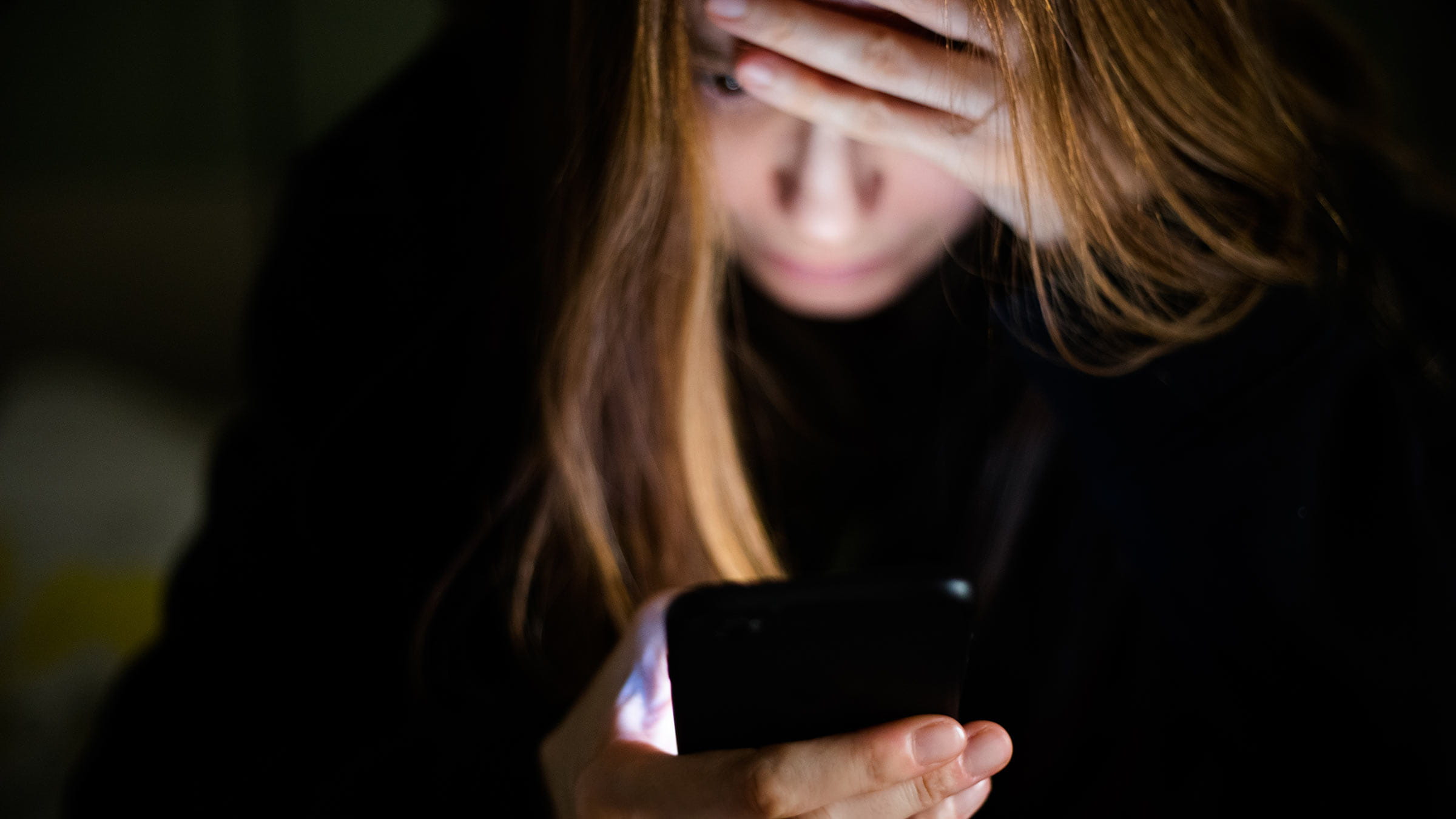
Maybe your friend who usually posts on social media about everything in their life has dropped off lately.
Or their typical witty posts have turned into rants.
Even without seeing or hearing their voice, you might get the sense that something is amiss.
What your friends post or how often they post can be a window into how they’re feeling and, sometimes, a plea for help.
Here are some signs on social media to watch for:
1 Angry or hopeless images or messages
Everyone has moments of frustration and grief, but if most posts take on a pessimistic tone, that could be cause for concern.
2 Posting at odd hours, such as in the middle of the night
Sending messages at 2, 3, 4 in the morning might mean your friend isn’t sleeping much or is sleeping at odd hours. Erratic sleep can create mental health problems or make many conditions much worse.
3 A sudden flurry of posts or dropping off
Either way could be problematic. Sometimes people choose to take a break from the stress of the online world. However, their absence may also mean that your friend is suddenly isolating, not wanting to connect with people. On the other hand, posting constantly could indicate that your friend is in a manic phase, if they have bipolar disorder. They feel compelled to post again and again.
4 Posting while intoxicated
If past drinking escapades and future drinking plans dominate your friend’s posts, they may not even realize how much they’re dwelling on drinking and how much of a problem it’s become.
5 Impractical offers
“Let’s fly to Portugal next week” might sound appealing but could be completely out of character for your typically cautious, over-thinking friend.
What to do if you’re worried about your friend’s social media activity
If you suspect something might be off, what do you do? That depends. If your friend is directly or indirectly referring to hurting themselves or making vague references to suicide — something like, “If anything happens to me, I want you to know I care about you” — call or text them. You could respond: “Hey, I saw your post and it made me worry about you. Is everything OK?”
If they don’t respond, leave a message and let them know that if you don’t hear back from them, you’re going to be doing a wellness check or contact a spouse, roommate or parents, to make sure they’re OK.
If they get back to you and say they’re fine, you can let them know why you were concerned and extend the offer that they can reach out to you in the future if they want to talk.
Setting boundaries with friends who are struggling
Know that you don’t have to be anyone’s therapist. That’s not your responsibility. Sometimes when a friend struggles, you might feel obligated to save them. In doing so, you could risk your own wellbeing. Keeping your phone on all night in case they might call you limits your own peace of mind and sleep.
If you want, you can help guide your friend to a therapist. Or you could let them know that, if they’re really distressed, they can call 988 for the Suicide & Crisis Lifeline to immediately connect with a counselor for emotional support.
That just might be the first step in helping them unravel what’s going on and find ways to cope.

Help for mental health conditions
Ohio State offers personalized, compassionate care for your mental health concerns.
Learn more




